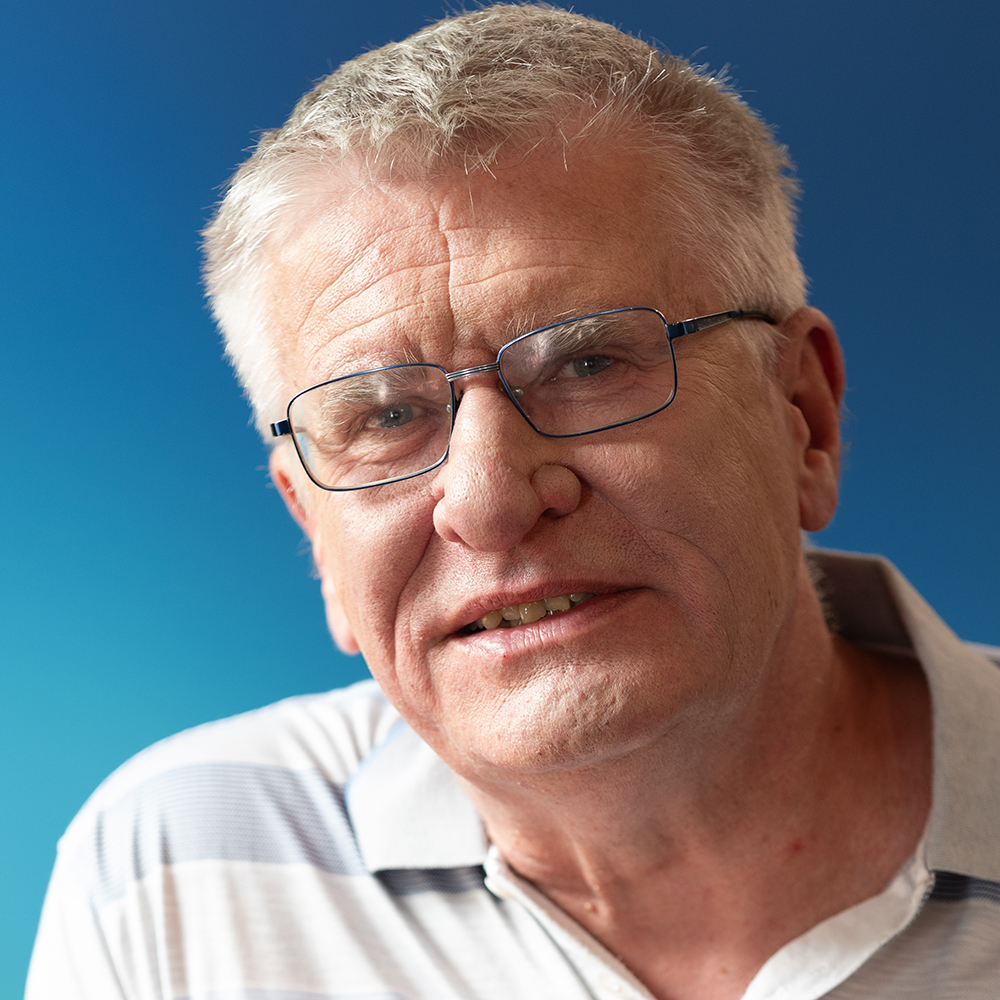The data center landscape is evolving rapidly. There’s more compute power, more data, and more AI. At the same time, European regulations are tightening, energy costs are rising, and businesses are under pressure to innovate – all while staying compliant and sustainable.
At Fsas Technologies, we’re not just adapting to these shifts – we’re shaping them. With technologies like the MONAKA processor and the world’s fastest quantum simulators, we’re delivering next-generation computing. These aren’t promises for the future – they’re real capabilities already available to our customers.
The Shift: New Demands, New Solutions
Across industries, traditional IT systems are reaching their limits. Businesses are navigating a complex mix of performance demands, strict data privacy laws, and increasing pressure to cut energy usage. At the same time, IT environments are becoming more fragmented – workloads are spread across edge, cloud and hybrid setups. AI needs both speed and scalability. And geopolitics is starting to shape digital strategies.
This creates a delicate balancing act: companies must innovate while maintaining control over their infrastructure, data, and energy footprint. Compliance, sustainability, and flexibility are no longer separate priorities – they must be built into the technology itself.
Key drivers of this shift include:
- Growing compute power and data volumes
- AI’s expanding role in business
- More complex hardware and system architectures
- New regulations that bring both challenges and opportunities
What’s clear: speed and storage alone aren’t enough. The future demands intelligent infrastructure, able to evolve as fast as the world around it.
Meet MONAKA: A Processor Built for the Future
That’s where MONAKA comes in. The processor is designed to go beyond the limits of conventional architectures. It provides a future-ready foundation – meeting today’s performance needs while helping companies respond to the bigger challenges data centers are facing.
MONAKA is based on ARM architecture and features a custom microarchitecture, combining a 3D many-core design with the technological legacy of Fugaku, the world’s former No. 1 supercomputer. It is a state-of-the-art processor that delivers scalable high performance, exceptional energy efficiency, and robust security – making it ideal for AI, edge computing, and high-demand data center workloads.
Its cloud-native design supports high memory bandwidths, ensuring smooth performance for demanding tasks. At the same time, it enables reliable operations through features like multiple VM confidential computing and mainframe-class RAS.
MONAKA’s leading-edge process technology makes it extremely energy efficient and allows ultra-low voltage operation. The processor also supports direct liquid cooling, covering 80 % of cooling requirements, with the remaining 20 % provided by air cooling. The result: lower energy consumption, improved power usage effectiveness (PUE), and support for dense, high-performance configurations, including CPUs and GPUs with high thermal design power.
Bottom line: MONAKA delivers measurable results – not just in performance, but in performance per watt. Compared to alternatives projected for 2027, it offers 2x better performance per watt.
 What’s Next for You
What’s Next for You
With MONAKA and quantum computing, Fsas Technologies is shaping the next decade of IT. In 2023, we built the world’s fastest 36-qubit quantum simulator, using A64FX processors that were originally designed for Fugaku. This was not just a technological achievement – it marked the beginning of a new phase.
We’ve moved quickly since then:
- A 39-qubit simulator launched in September 2024
- A 256-qubit quantum computer followed in early 2025
- A 1,000-qubit machine is scheduled for fiscal year 2026
By combining MONAKA with quantum innovation, we are creating a powerful platform that supports today’s needs – and unlocks tomorrow’s opportunities. Whether you’re optimizing your infrastructure for AI, looking to reduce energy consumption, or exploring quantum-based solutions: we’re ready to help you move forward.
The future is already here. Let’s build it together. Talk to our experts about your hybrid future.


